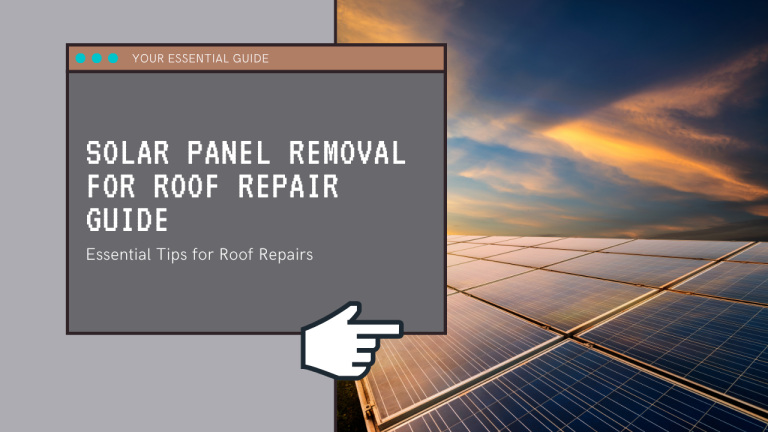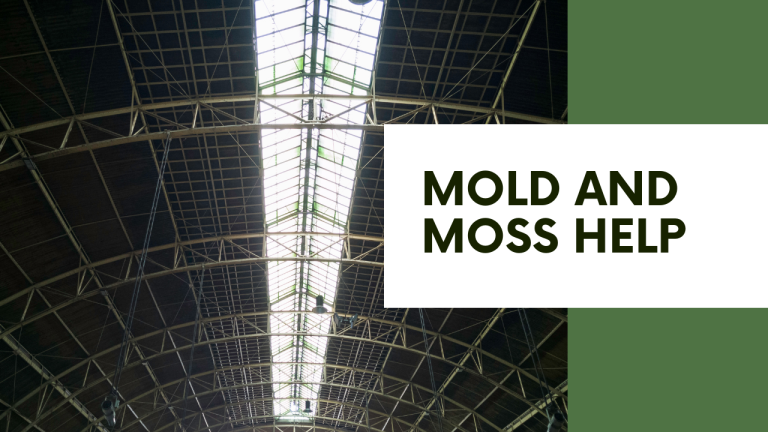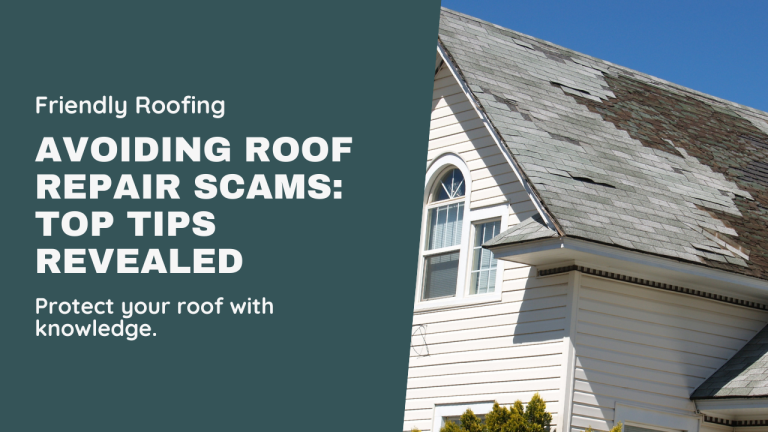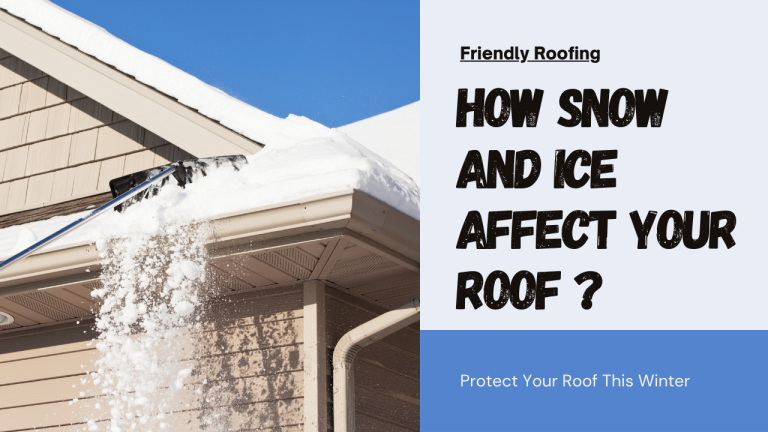The adoption of solar energy has surged in recent years, driven by the need for sustainable energy solutions and the desire to reduce electricity bills. However, one critical concern for homeowners and building managers is the impact of solar installations on roof integrity.
This article delves into the various aspects of how solar panels can affect your roof, providing valuable insights and practical advice to ensure that your investment in solar energy does not compromise the structural health of your roof. Proper installation, regular maintenance, and understanding the load capacity and condition of your roof are essential to mitigate potential risks. By addressing these factors, you can enjoy the benefits of solar energy while maintaining the integrity of your roof.
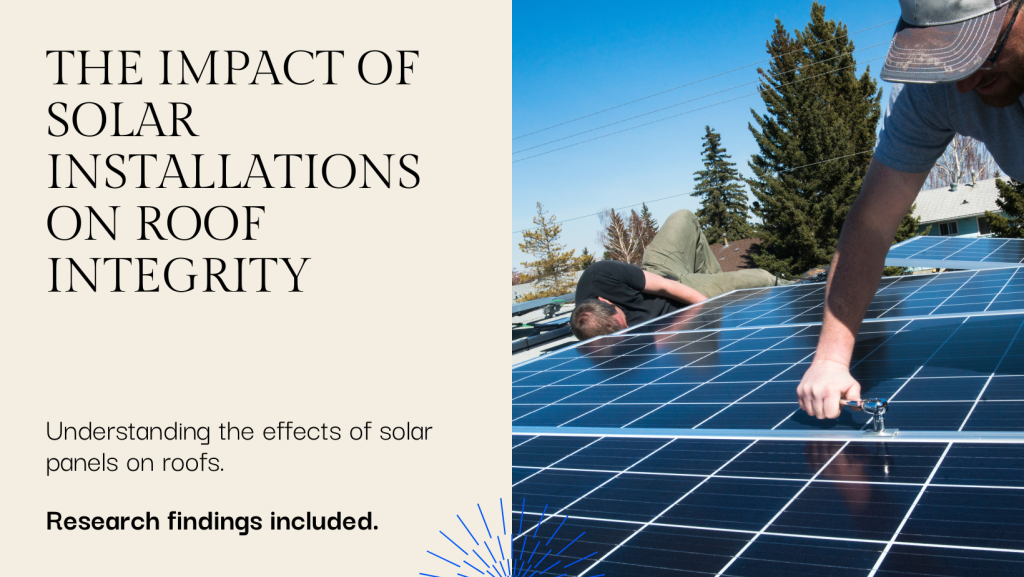
Understanding Solar Panel Installations
Solar panel installations can be broadly categorized into roof-mounted and ground-mounted systems. Roof-mounted systems are more common in residential settings due to space constraints and the need for optimal sunlight exposure. These systems can be further divided into railed, rail-less, and ballasted mounting systems, each with its own set of advantages and challenges.
Factors Affecting Roof Integrity
Roof Age and Condition
The age and current condition of your roof are crucial factors to consider before installing solar panels. Solar panels are designed to last about 25 to 30 years, which means your roof should ideally be in good condition to avoid the need for premature roof repair or replacement. An older roof nearing the end of its lifespan may not be the best candidate for solar installations, as it could lead to additional costs and complications down the line.
Load Capacity
The weight of solar panels and their mounting systems can add significant load to your roof. Most modern solar panels add about 2 to 5 pounds per square foot, which may not seem like much but can accumulate to a substantial weight when considering an entire array. It is essential to assess your roof’s load-bearing capacity, often requiring the expertise of a structural engineer to ensure that your roof can handle the additional weight without compromising its integrity.
Installation Methods
There are two primary methods for installing solar panels: attached and ballasted systems. Attached systems involve drilling holes into the roof to secure the panels, which can pose risks of water leakage if not properly sealed. Ballasted systems, on the other hand, use weights to hold the panels in place, minimizing roof penetrations but adding more weight. The choice of installation method can significantly impact roof integrity, making professional installation crucial.
Potential Risks to Roof Integrity
Water Leakage
One of the most common concerns with solar installations is the risk of water leakage. Roof penetrations required for mounting solar panels can create vulnerabilities if not properly sealed. Flashing and sealants are used to prevent water ingress, but improper installation can lead to leaks, causing significant damage to the roof structure over time12.
Structural Damage
The added weight of solar panels can lead to structural damage, especially if the roof is not adequately reinforced. Over time, this can result in sagging, leaks, and even roof collapse in extreme cases. Ensuring even load distribution and secure attachment points is vital to maintaining roof integrity.
Roof Material Compatibility
Different roofing materials respond differently to solar installations. Asphalt shingles, clay tiles, and metal roofs each have unique characteristics that can affect the installation process and long-term roof integrity. For instance, clay tiles are more prone to cracking during installation, while metal roofs are generally more durable and easier to work with.
Benefits of Solar Installations for Roofs
Protection from Elements
Interestingly, solar panels can offer a layer of protection to your roof by shielding it from direct sunlight, rain, and debris. This can potentially extend the lifespan of your roof by reducing wear and tear from the elements.
Energy Efficiency
Solar panels contribute to home energy efficiency by absorbing sunlight that would otherwise heat the roof, thereby reducing cooling costs. This cooling effect can help maintain a more stable indoor temperature, further enhancing the energy efficiency of your home.
Best Practices for Maintaining Roof Integrity
Choosing the Right Installer
The importance of hiring a certified and experienced solar installer cannot be overstated. A reputable installer will ensure that the installation process does not compromise your roof’s integrity. They will also provide warranties and insurance coverage to protect against potential damage.
Regular Maintenance and Inspections
Routine inspections and maintenance are crucial to identifying and addressing potential issues early. Regular checks can help spot signs of roof damage, such as leaks or structural weaknesses, allowing for timely roof repair and maintenance to prevent further deterioration.
Innovative Mounting Solutions
Advances in mounting technology have led to the development of systems that minimize roof penetration, reducing the risk of leaks and structural damage. These innovative solutions distribute the weight of the solar panels more evenly, helping to maintain roof integrity.
Case Studies and Real-World Examples
Successful Installations
There are numerous examples of successful solar installations that have not compromised roof integrity. These cases often involve thorough pre-installation assessments, professional installation, and regular maintenance. Learning from these examples can provide valuable insights into best practices for maintaining roof integrity while enjoying the benefits of solar energy.
Lessons Learned from Issues
Conversely, there are also instances where improper installation or lack of maintenance has led to significant roof damage. These cases highlight the importance of choosing the right installer and adhering to recommended maintenance schedules to avoid similar issues.
Know the Impact of Solar Installations on Roof Integrity
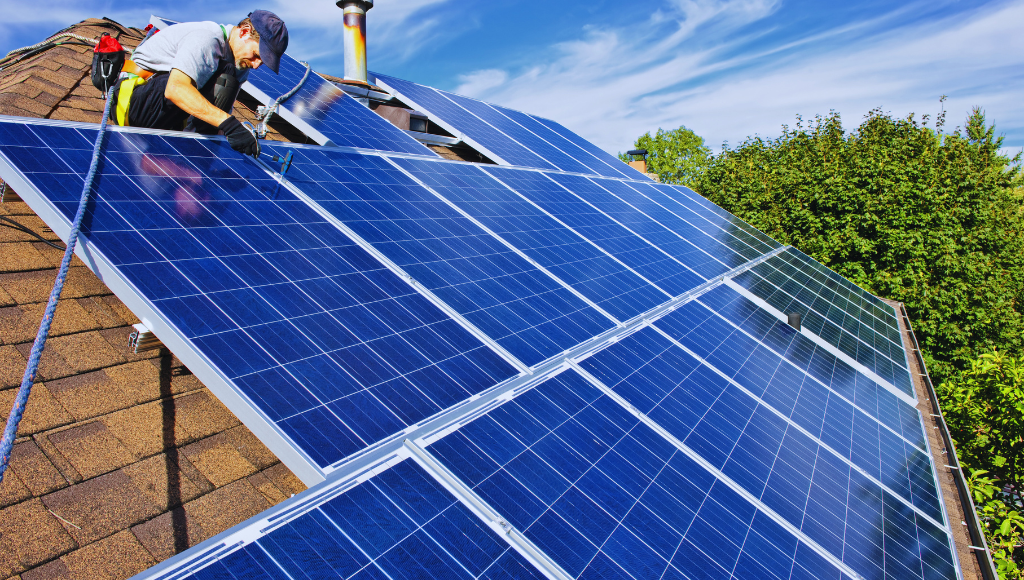
The impact of solar installations on roof integrity is a multifaceted issue that requires careful consideration and planning. By understanding the potential risks and benefits, and by following best practices for installation and maintenance, homeowners can enjoy the advantages of solar energy without compromising their roof’s structural health. Properly installed and maintained solar panels can coexist harmoniously with your roof, providing sustainable energy and protecting your investment in your home.

